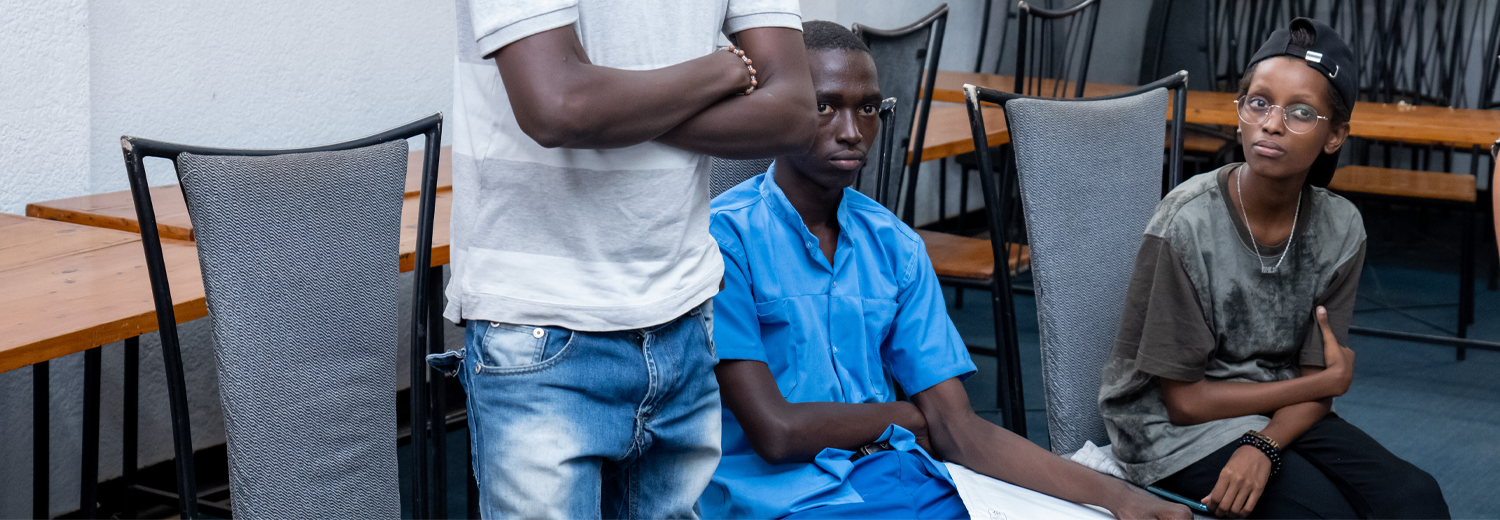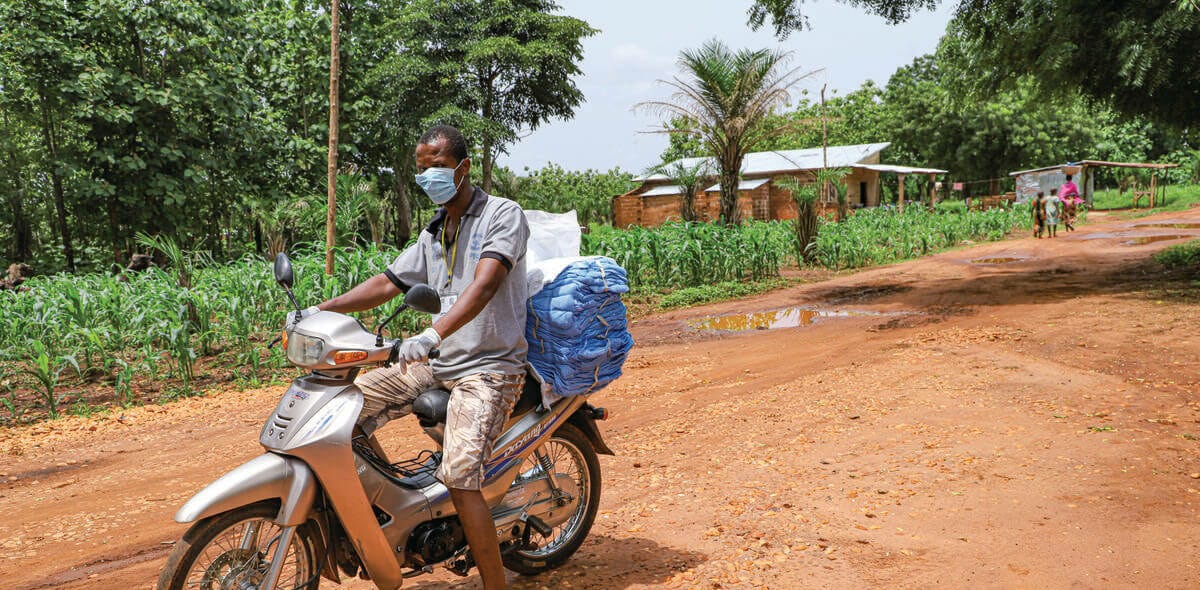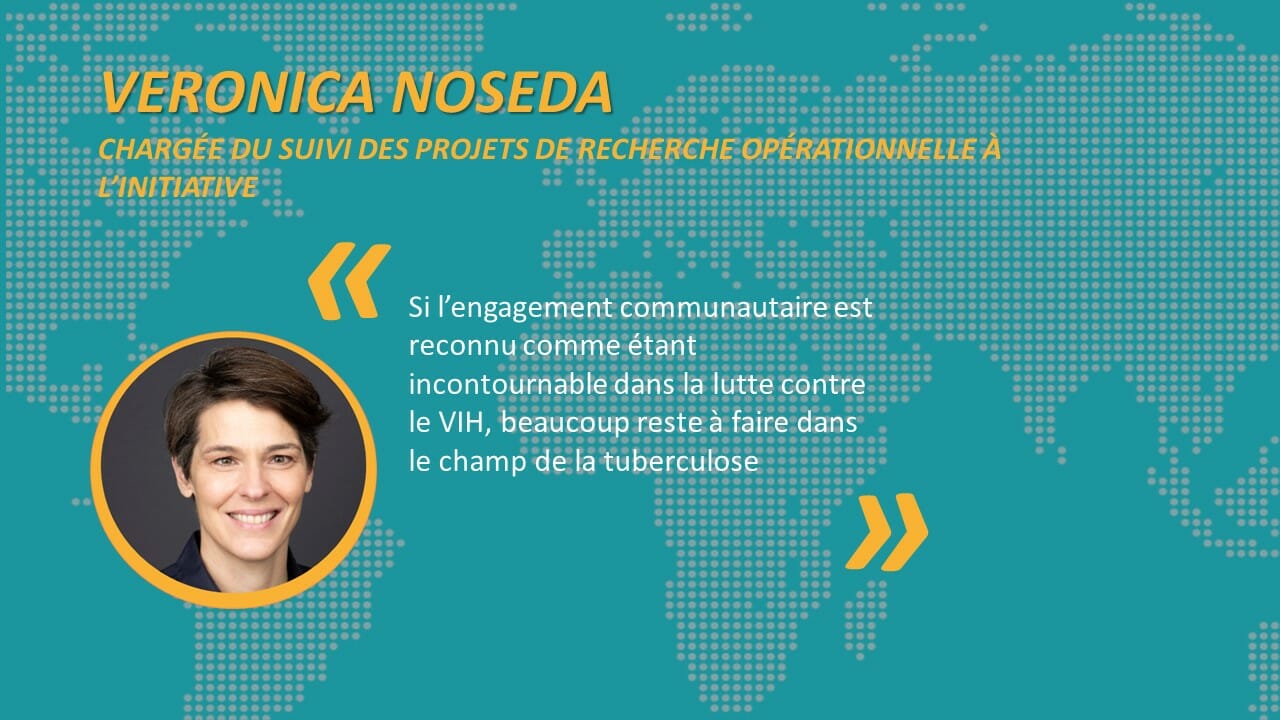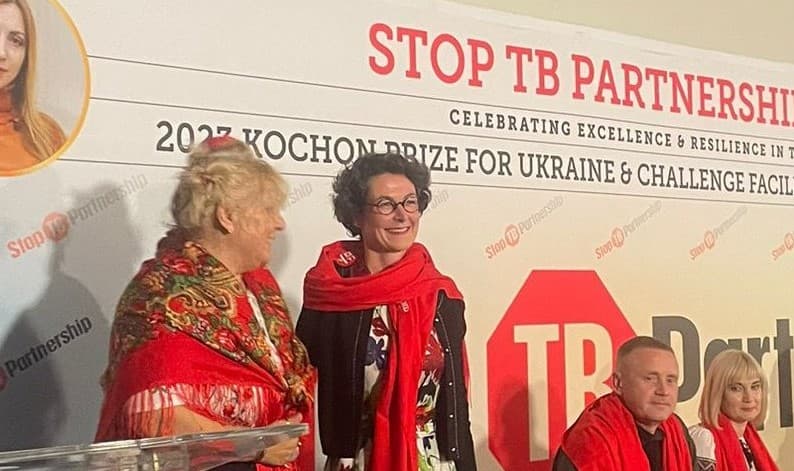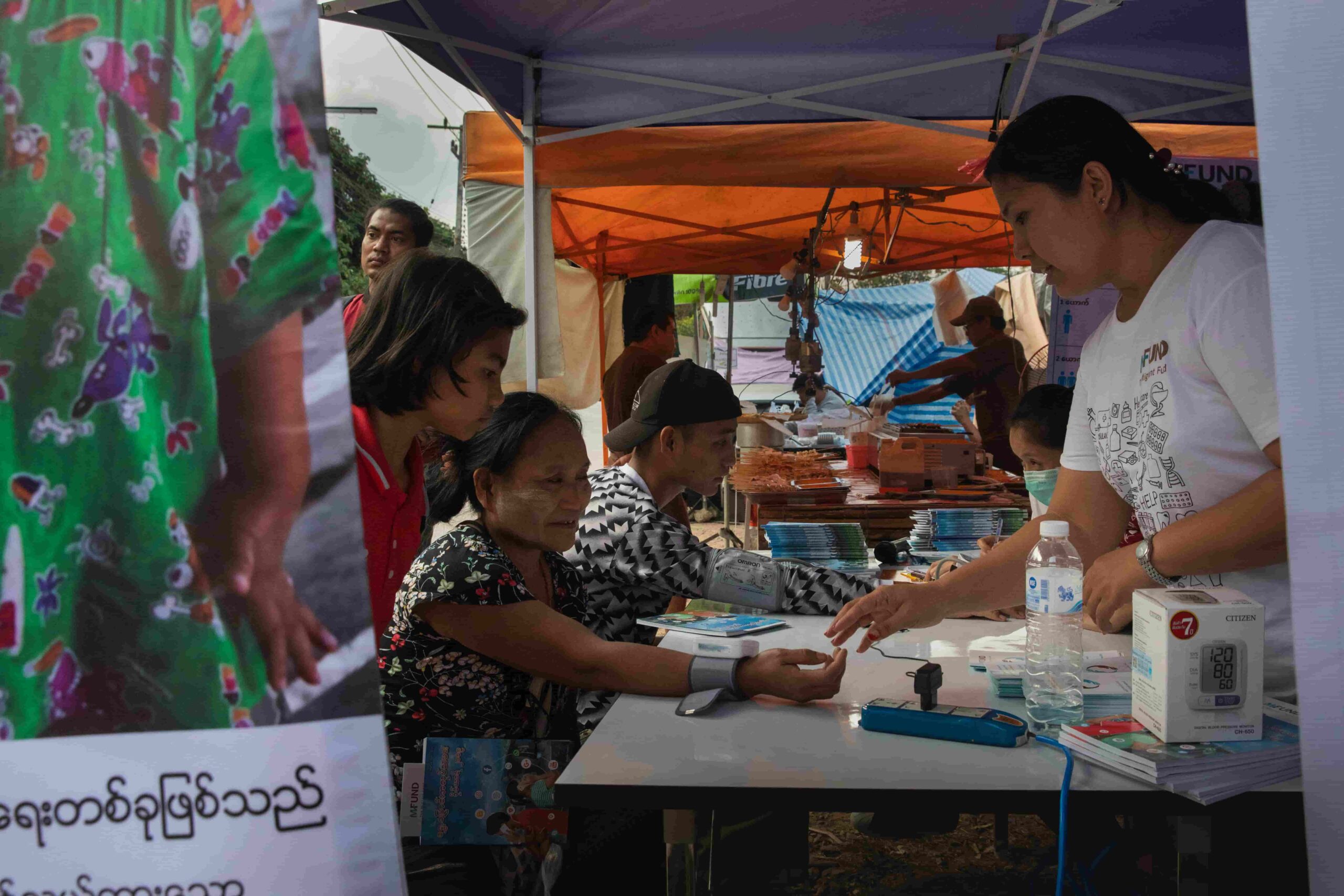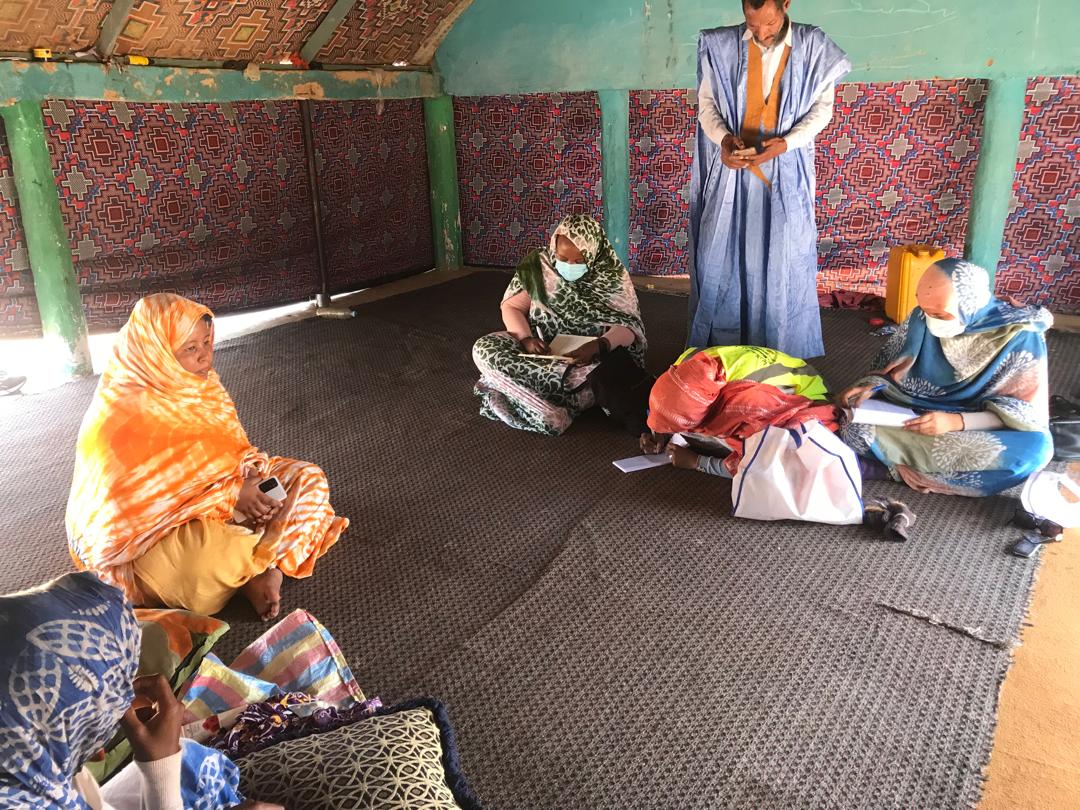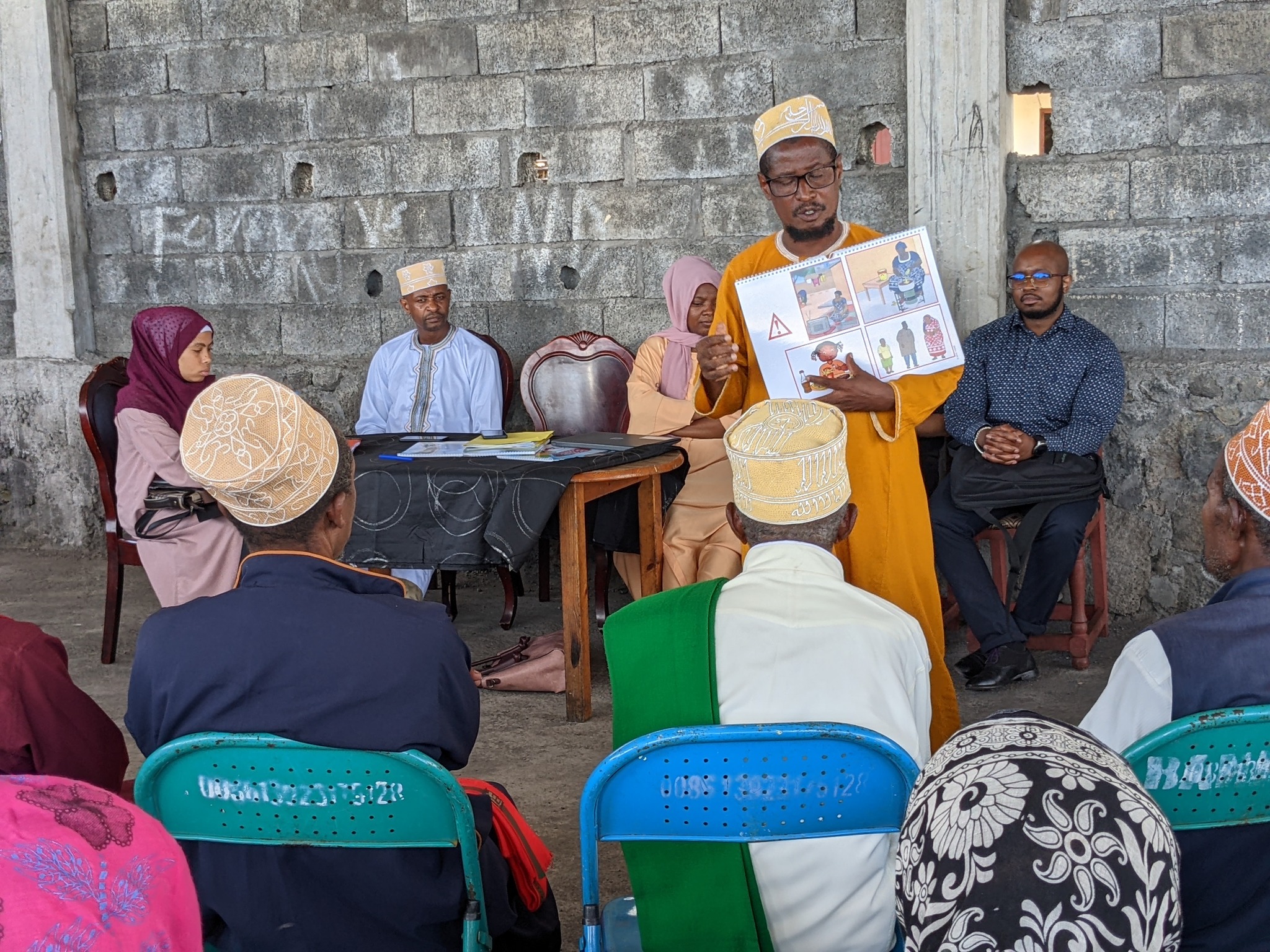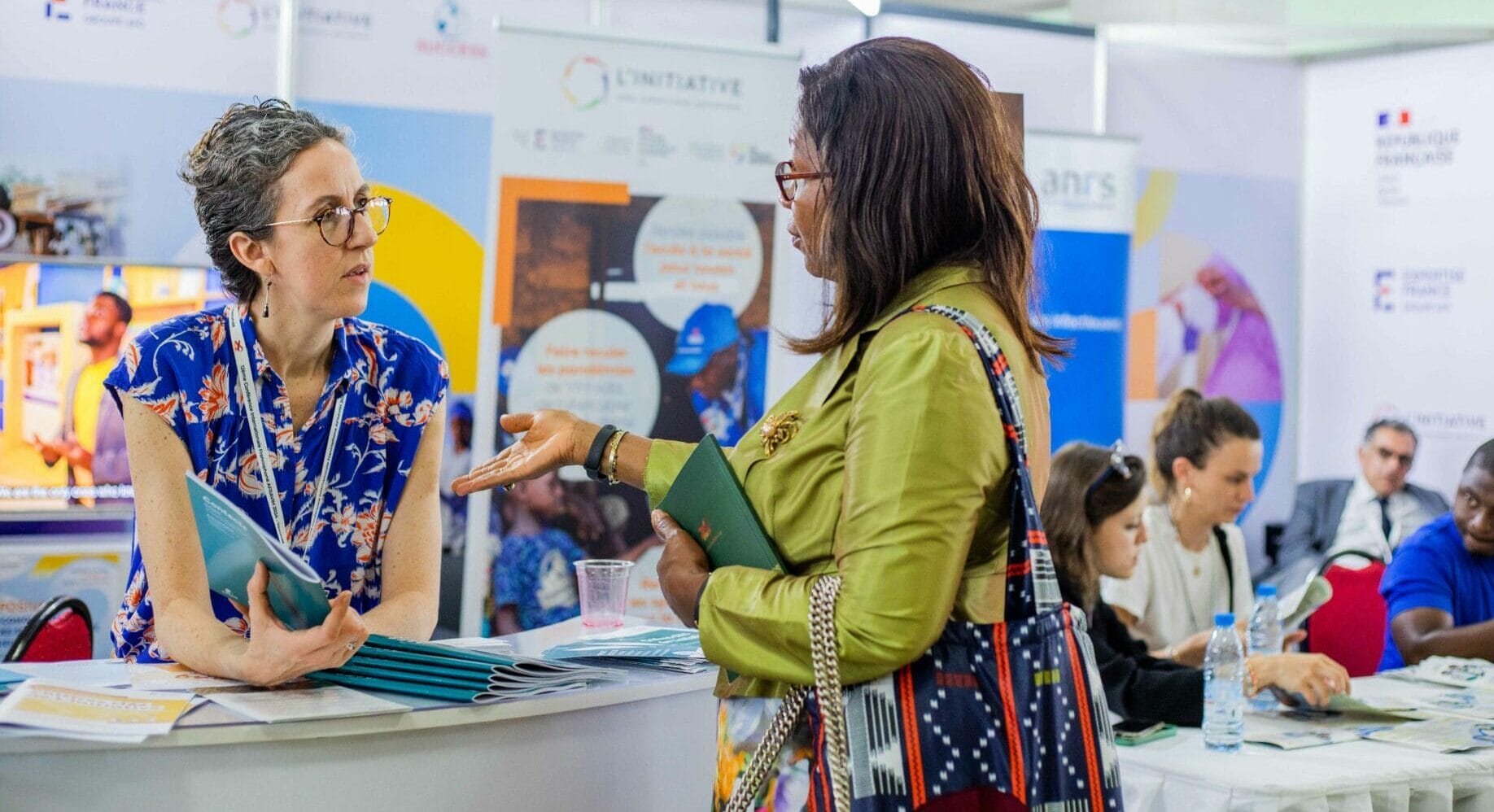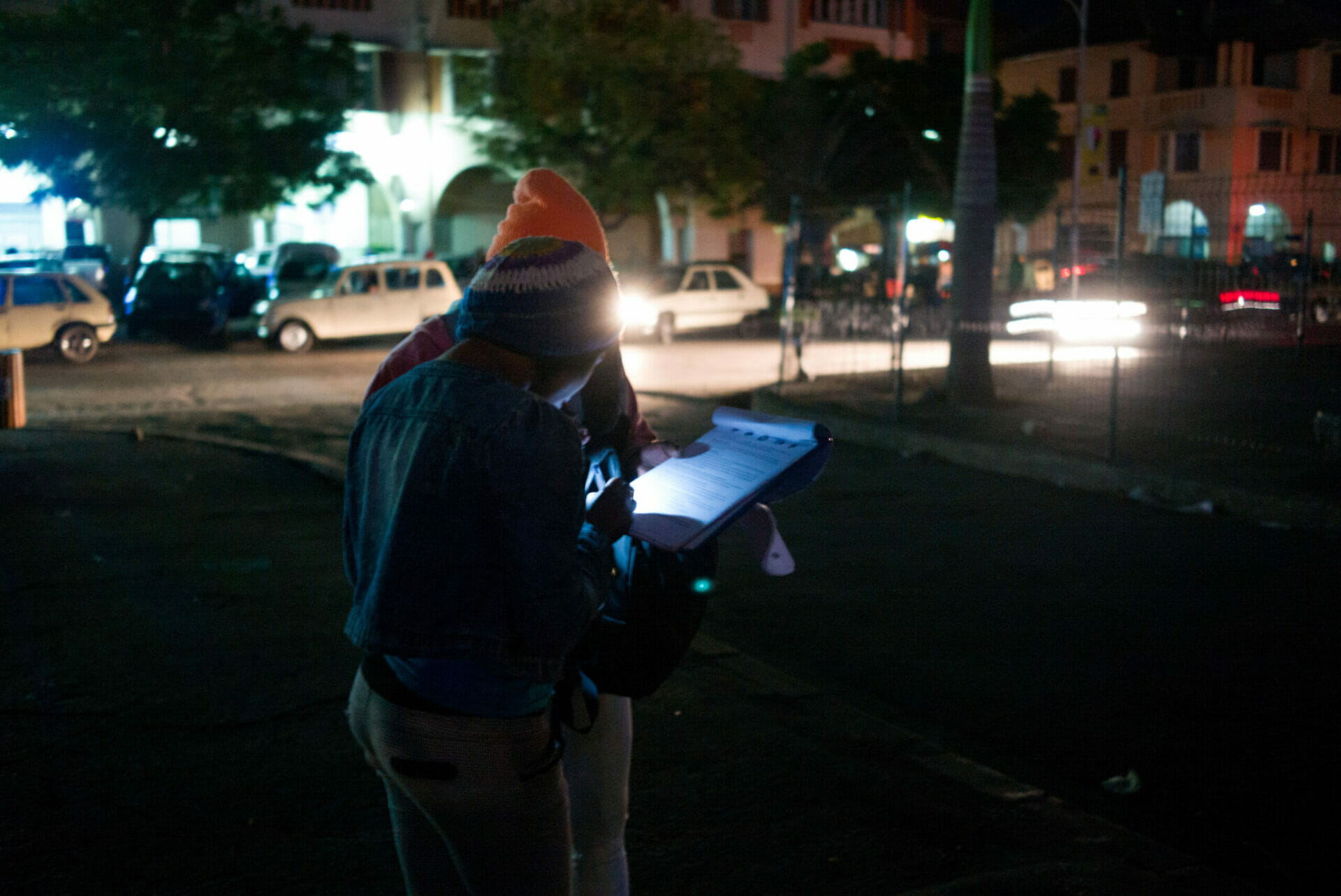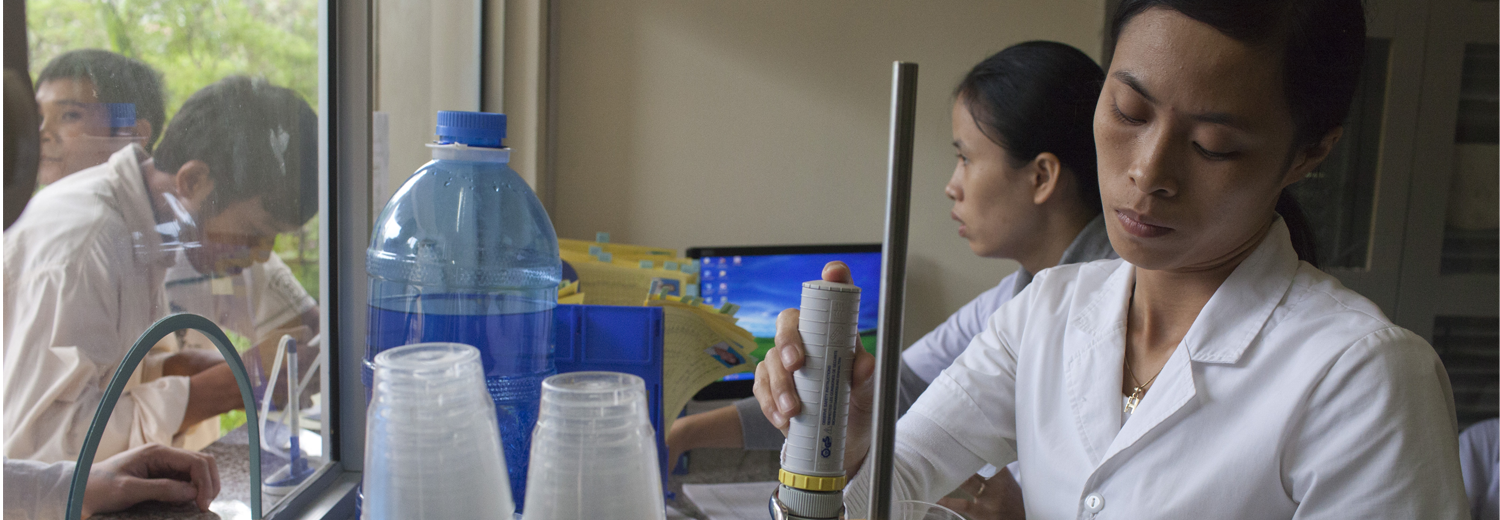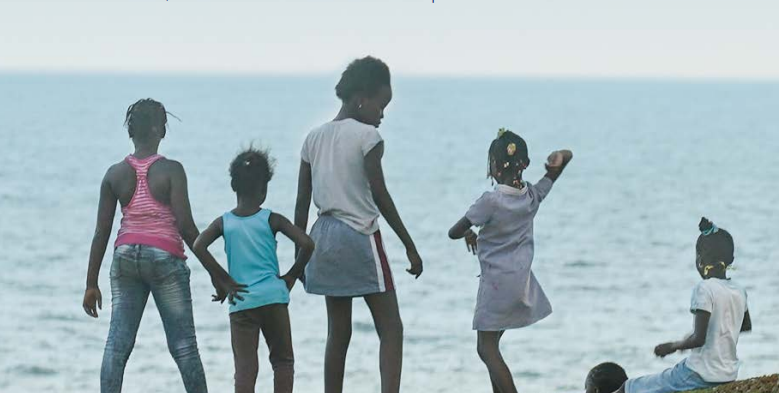Promoting civil society contributions: the example of Morocco’s HIV/TB/HSS grant
Morocco submitted its first joint HIV/tuberculosis funding request in 2020. What are the lessons learned and best practices from this experience?
Anticipating the process is key to developing a quality funding request. Morocco has taken up this challenge by carrying out the necessary studies and integrating a revision of the National Strategic Plans (NSPs) into the work schedule ahead of preparing the funding request. Updating the NSPs was crucial, and it was possible to do this taking into account results from bio-behavioral studies on key populations, in particular focusing on prevalence and incidence among men who have sex with men (MSM), sex workers (SWs), and drug users. The fact that these studies were comprehensive, available at the right time and of good quality facilitated the work of the team responsible for developing the HIV and TB strategic plans. Thanks to the accurate knowledge of the Moroccan socio-health context that the team of international consultants deployed by L’Initiative had, they were able to make an effective and efficient contribution, and the collaboration was fruitful.
Another example of good practice is to ensure that the contributions of civil society organizations are integrated when developing the request. In Morocco, they were involved not only in identifying the priorities of the strategic plans but also in applying them in the joint HIV/TB request. Despite the COVID-19 health crisis, the country dialogue process organized by the Moroccan CCM was participatory and inclusive. It took into consideration the ambitions and options set out so that they are effectively reflected in the funding request.
Finally, it is essential to have a prioritization process. Based on triangulated epidemiological data, thanks to the IBBS studies, the national development team and L’Initiative’s consultants analyzed and assessed the estimated incidence of HIV and tuberculosis among key and vulnerable populations in order to determine the impact in terms of prevention, access to treatment, and the related costs. Activities carried out within the context of the HSS grant and the action plan to prepare for transition were also taken into account. Analysis of the programmatic gaps and barriers was agreed in consensus with all stakeholders during workshops conducted via videoconference.
Very little feedback from the TRP can be considered a success. How do you explain this?
This first integrated HIV/TB funding request demonstrated a good understanding of the burden of HIV and tuberculosis, as well as the context and geographic disparities in the epidemiology of these diseases prevalent in the country. The committee in charge of reviewing the funding request at the Global Fund (Technical Review Panel) considered that the proposed interventions were relevant: differentiated HIV care and testing services, expansion of rapid molecular testing services for tuberculosis, viral load and viral hepatitis, etc. These strategies will increase testing for tuberculosis and drug-resistant tuberculosis.
In addition to the interventions targeting the two diseases, the TRP welcomed Morocco’s desire to continue to strengthen integration through this first joint HIV/TB request, which also includes multisectoral coordination activities in the medium and long term with other health programs, such as the viral hepatitis program, maternal and child health, occupational health, prison health services, private sector medicine, and sexual and reproductive health.
The TRP commended the inclusive approach of the process. Indeed, despite the restrictions related to COVID-19, the funding request was designed collectively as part of a meaningful country dialogue process that allowed full participation and representation of all the main stakeholders. This is also reflected in the funding request, which strategically focuses on strengthening community systems, human rights, and gender-sensitive activities targeting key and vulnerable populations. I could mention, for example, the support to adapted services to respond to HIV and tuberculosis, advocacy led by CSOs, and participatory mechanisms to combat stigma and discrimination.
Finally, the TRP favorably assessed the work undertaken to prepare for transition (exit from Global Fund funding) that has been carried out and the timeline for follow-up activities for government commitments that has been proposed in order to ensure that future domestic funding allocations to national HIV and tuberculosis programs.
For the next cycle, what would be your recommendations to improve the engagement of civil society representatives in Morocco?
“The engagement of civil society representatives in Morocco is, above all, about giving them the means to understand the challenges around their active participation in preparing funding requests.”
Therefore, capacity building is essential from the outset, allowing for informed participation. This is based on having a good knowledge of the challenges surrounding the funding request, as well as an understanding of the role that civil society organizations and representatives from key populations will play in the coordination and management of programs. It can be important to share and translate Global Fund guidelines with simplified, understandable, and appropriate information, including in Arabic.
Civil society organizations will be involved in managing more than 50% of this funding request. In addition, as part of the transition process, they will actively participate in identifying additional national funding through innovative initiatives. In Morocco, civil society participation will allow for, among other things:
- Implementation of combined prevention and risk reduction programs for key populations in the various sites, as well as scaling up innovations such as PrEP and virtual prevention;
- Rolling out non-clinical testing provision;
- Improved targeting of testing interventions by evaluating testing activities in priority regions;
- The creation of systems for treatment mediation, which are important in the continuum of care, treatment adherence, and reducing the numbers lost to follow-up.
“It is crucial to include civil society representatives, including key populations. This should become a criterion of good governance for all Global Fund CCMs.”
How do you think countries like Morocco prepare for transition?
The transition preparation period should make it possible to gradually lift constraints and put in place conditions for diversified, innovative, and sustainable national funding. Morocco anticipated having to think through these questions from the beginning of their partnership with the Global Fund. Reversing the contribution rate for ARV procurement, which was 80% funded by the Global Fund in 2003 for 242 patients and which is currently 80% government funded for more than 15,000 patients, is a good example. I would also mention the report on issues relating to sustainability and preparing for the transition to health product Procurement and Supply Management relating to the tuberculosis and HIV and AIDS component, which made it possible to highlight the advances, risks, and opportunities in the context of transition.
What will the challenges of this transition be in Morocco?
It is essential to strengthen governance and improve coordination of interventions by all stakeholders. A national body of key stakeholders that monitors the traceability of national commitments could be created. It is also a question of taking into account the substantial investments made or in progress in partnership with partners such as the World Bank, the European Union, and bilateral cooperation agencies such as AFD. The objective: foster synergies and coordinate investments to build the pillars of the health system for the benefit of national health programs, including the HIV and TB responses.
Civil society organizations are also involved in preparing for the transition. Up until now, these organizations have been largely financed by the Global Fund and now need to diversify their funding sources and build their capacity and their partnership with the Ministry of Health and other stakeholders.
Finally, a significant reform of the rules and procedures for procurement, budgeting, and public financing of drugs and health products is necessary to meet the demands and needs of HIV and TB programs.
To respond, Morocco plans to:
- Set up an intersectoral Financial Committee to identify funding opportunities for the NSP (Ministry of Health, Ministry of Finance, CCM, etc.);
- Hold discussions with the National Health Insurance Agency on funding mechanisms for care and support;
- Carry out a study on innovative financing that can be mobilized to respond to HIV.
